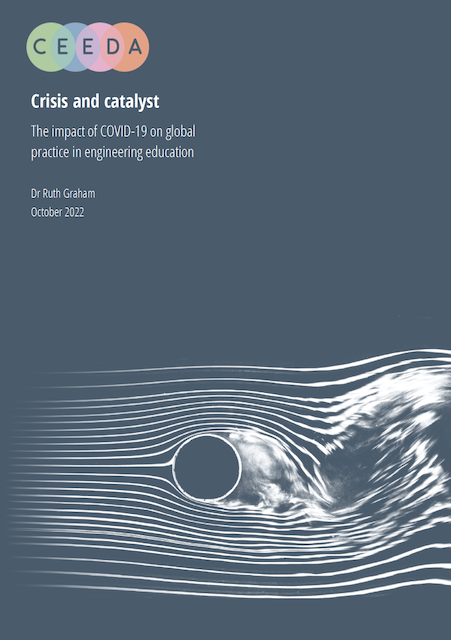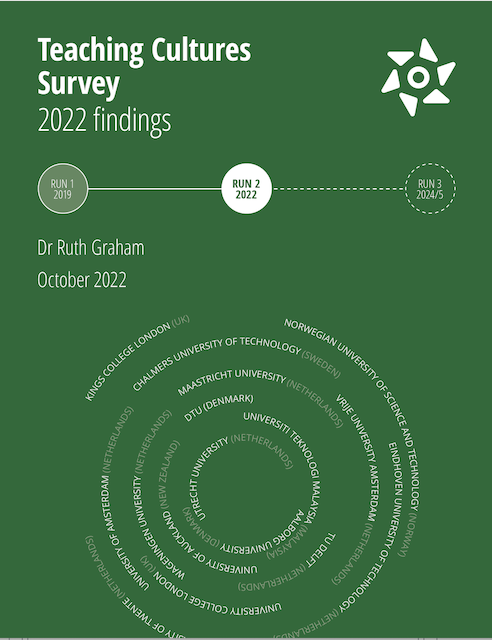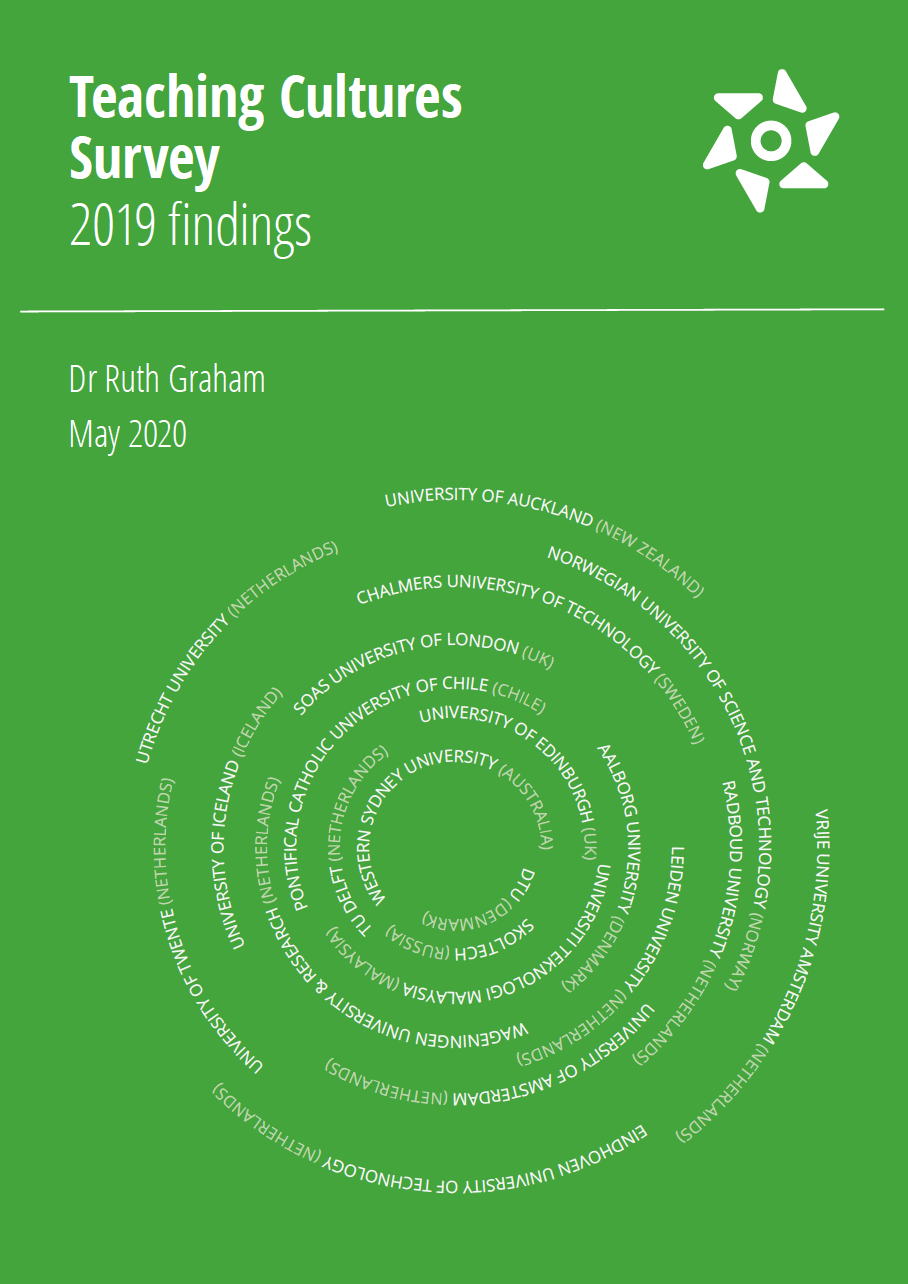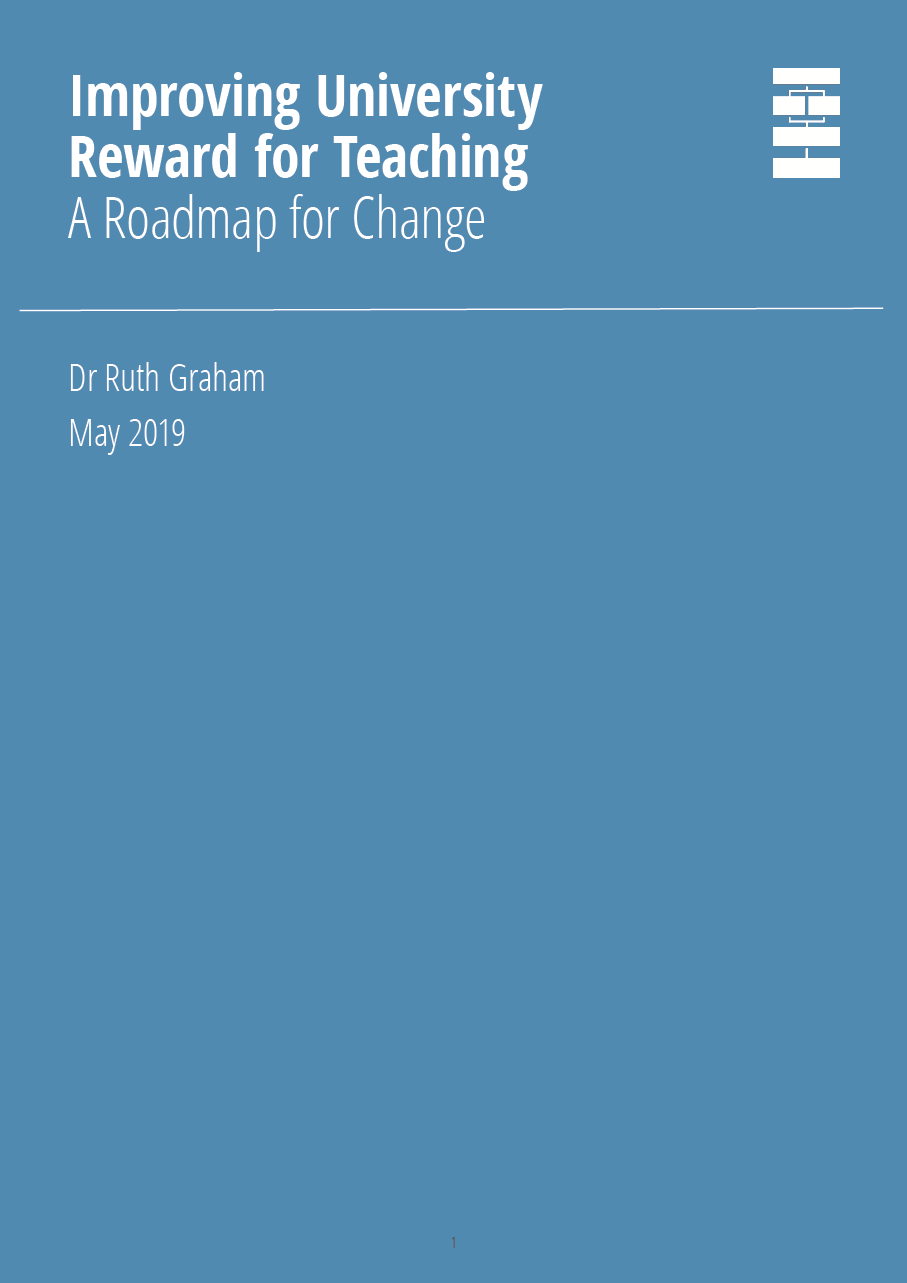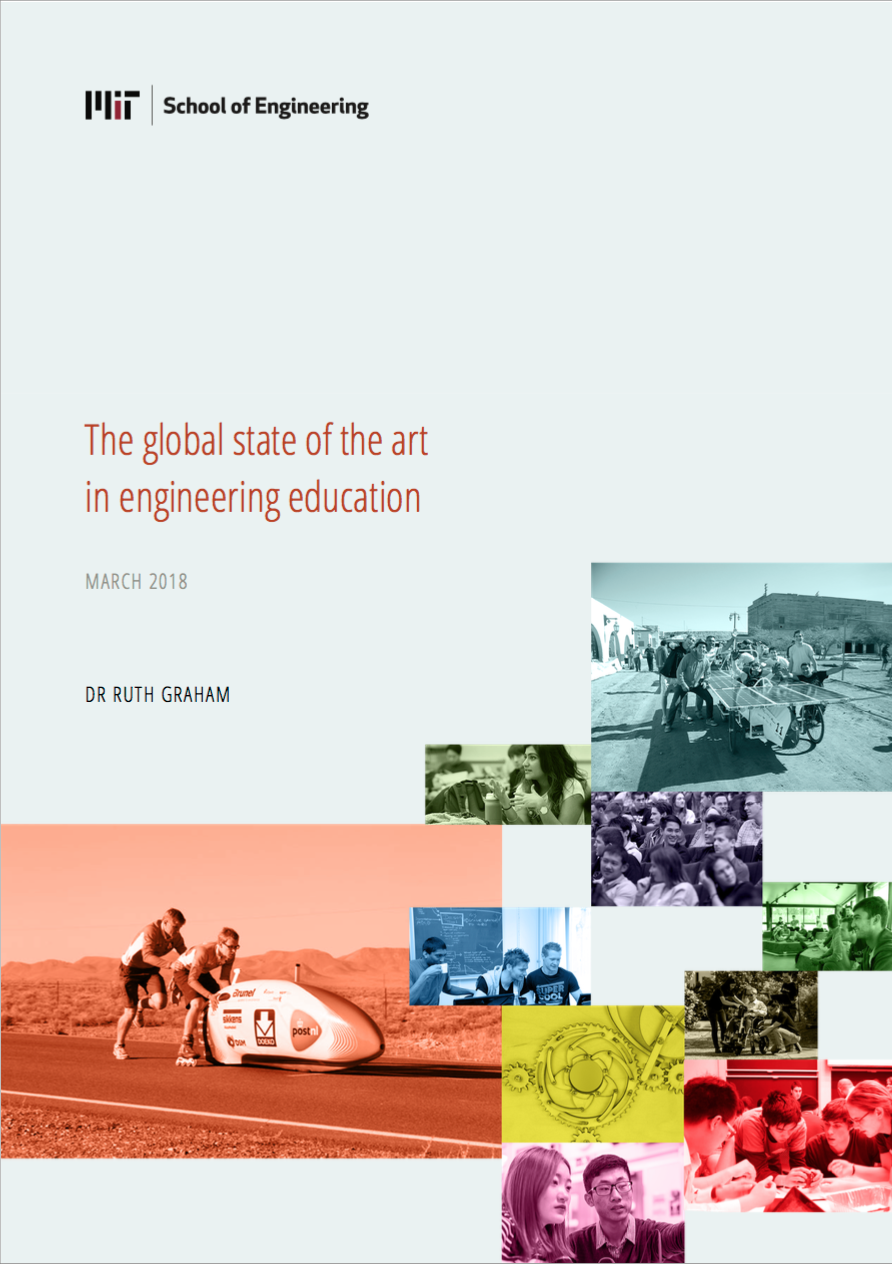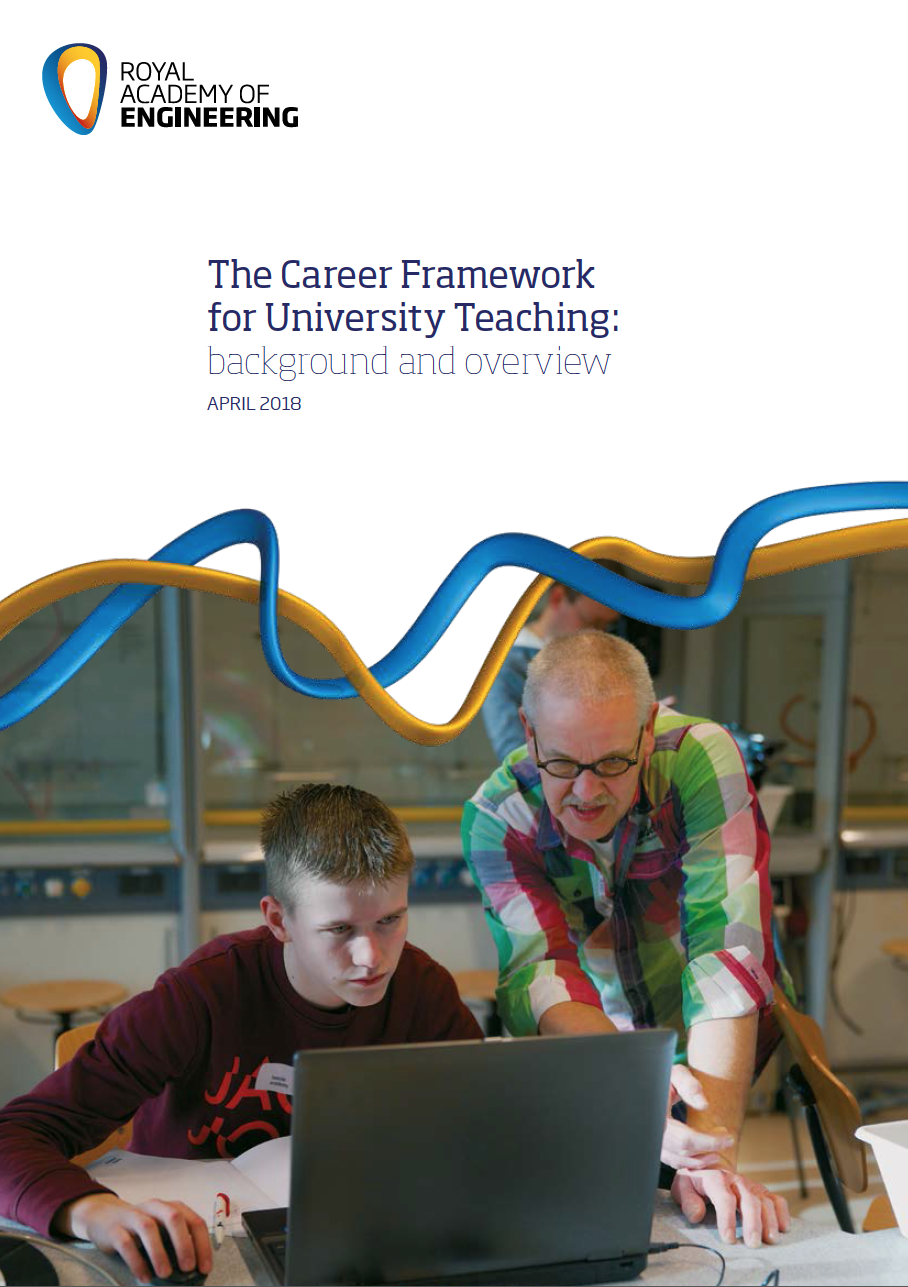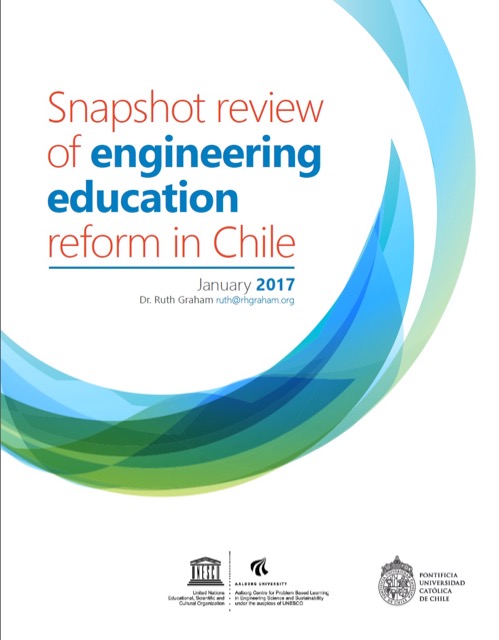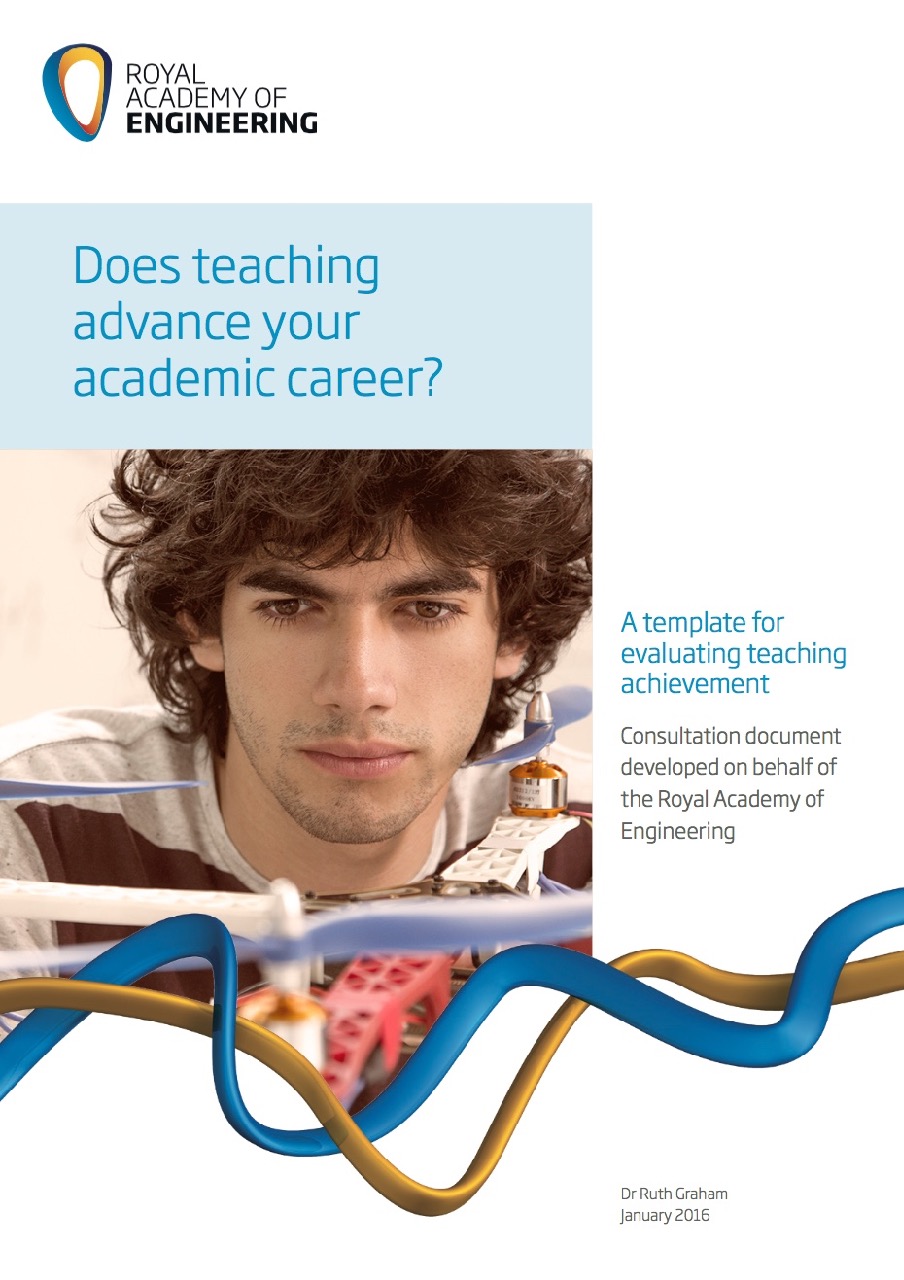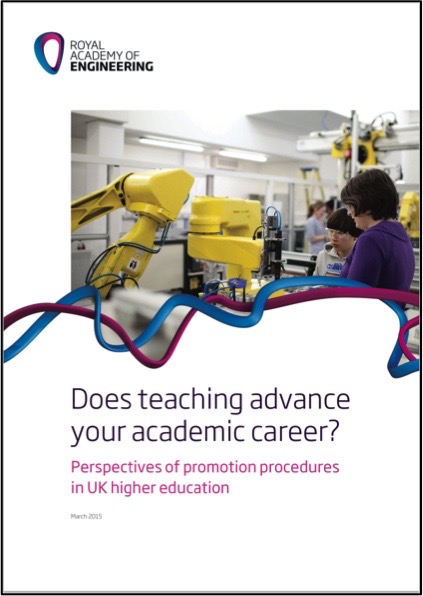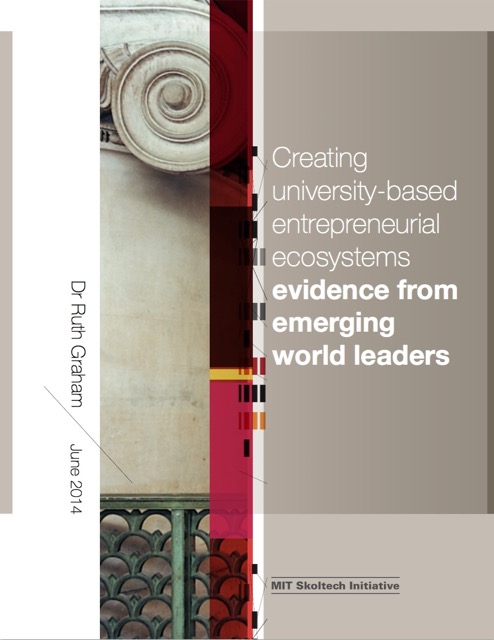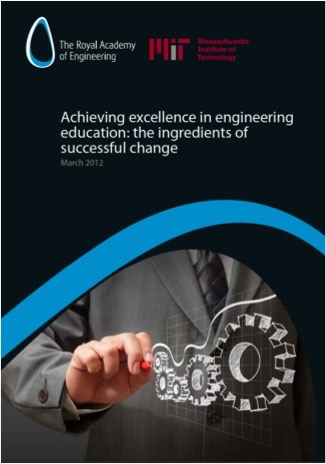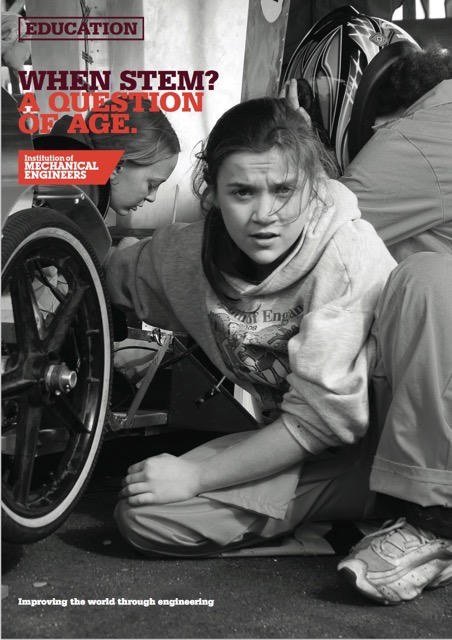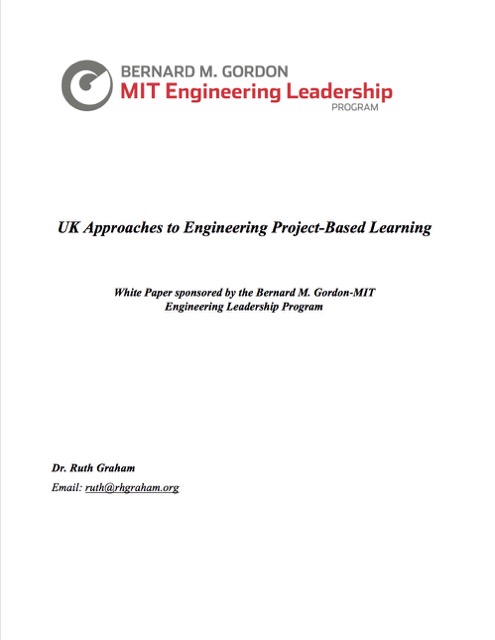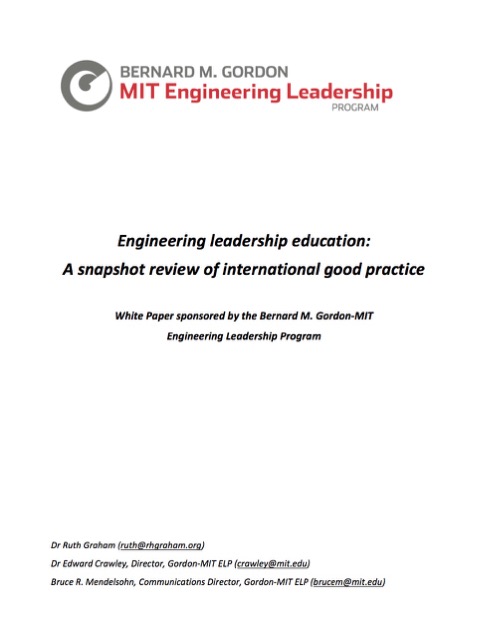2022
Crisis and catalyst: the impact of COVID-19 on global practice in engineering education
The Crisis and Catalyst report examines the impact of COVID-19 emergency teaching on engineering education worldwide. Drawing on interviews with 226 members of the engineering education community (university leaders, engineering instructors/faculty, educational specialists and engineering students), the report explores their experiences during emergency teaching and the likely impact of this systemic shock on the direction of travel for the sector.
Their feedback overall suggests that, while emergency teaching has undoubtedly been a period of crisis – exposing and exacerbating major challenges facing engineering education – it will also act as a catalyst for a new generation of leading engineering programmes in which the opportunities, learning and wellbeing of students are placed at the forefront.
Teaching Cultures Survey 2022
The Teaching Cultures Survey 2022 is the second of three cross-sectional surveys designed to capture and track the culture and status of teaching within universities worldwide.
This report highlights consolidated findings from the 16 universities across eight countries that participated in the Teaching Cultures Survey 2022, including three new institutions that joined the survey for this run (11,614 academics in total). The report focuses on the ways in which survey findings have changed over time, between 2019 and 2022. The 2022 survey comes in the wake of an extended period of ‘emergency teaching’ across the higher education sector prompted by the COVID-19 pandemic.
2020
Teaching Cultures Survey 2019
This report highlights consolidated findings from 15,659 academics who participated in the 2019 Teaching Cultures Survey, taken from 21 universities across 10 countries. Launched in 2019, the Teaching Cultures Survey is designed to explore the culture and status of teaching in higher education. Most universities participating in the survey are planning or already implementing systemic changes to academic career pathways and the ways in which achievements in university teaching are rewarded. The survey enables them to capture and track the culture and status of university teaching amongst their academic community and compare findings with global peers.
2019
Roadmap for Change
The Roadmap for Change report is part of suite of projects connected with improving how teaching achievement is evaluated and rewarded at universities across the world. While the Career Framework for University Teaching (published in April 2018) provides guidance on what changes universities might consider making, the Roadmap provides insight into how change may be implemented.
2018
Global state of the art in engineering education
This MIT-commissioned report provides a global review of cutting-edge practice in engineering education and the trends that will shape engineering education in the future.
The report is informed by interviews with 178 thought-leaders with knowledge and experience of world-leading engineering programmes together with in-depth case studies of four universities. As such, it paints a rich picture of successful innovation in engineering education as well as the opportunities and challenges facing the sector.
Career Framework for University Teaching
Published in April 2018 by the Royal Academy of Engineering in London, the report provides background information on the Career Framework for University Teaching, a resource developed to support the evaluation and recognition of university teaching.
The report outlines how and why the Framework was developed, and how it has been applied in practice. It describes the 15 university partners that have provided feedback on the Framework and case studies from how it has been used to inform change at universities from across the world.
2017
Mapping engineering education reform in Chile
Review of engineering education across Chile, exploring the drivers, facilitators and barriers to educational reform as well as the role played by government interventions. Study commissioned by Aalborg University and the Pontifical Catholic University of Chile.
2016
Career Framework for University Teaching (draft)
An interim report, published midway through a phased study to develop a Career Framework for University Teaching. This new framework is designed to enable universities to define and evaluate teaching achievement at each stage of the academic career ladder. The report outlines a draft version of a framework which is being evaluated and piloted by 15 major research-led universities from 12 countries across the world. Study commissioned by the Royal Academy of Engineering.
2015
Does teaching advance your academic career?
Drawing on interview and survey evidence from faculty and university managers across UK higher education, the study examines the role that teaching achievement plays in academic career progression. This work contributed towards the development of the Career Framework for University Teaching. Study commissioned by the Royal Academy of Engineering.
2014
Emerging global entrepreneurial ecosystems
This phased study sought to identify and evaluate the world’s most effective university-based entrepreneurial ecosystems operating outside established technology hubs. The report summarises some of the key opportunities and challenges facing universities seeking to develop their entrepreneurial profile. Study commissioned by MIT and Skolkovo Institute of Technology (Skoltech).
2012
Educational change in engineering
The study evaluates the mechanisms and conditions associated with the successful adoption of curricular and pedagogical change. Drawing on interviews with international experts and the detailed evaluation of six case studies of highly-regarded educational change, the study concludes with recommendations for universities wishing to implement programmes of educational reform. Study commissioned by MIT and the Royal Academy of Engineering.
2010
What is the best age to engage children in STEM?
The study sought to understand how children’s attitudes to engineering careers change with age and thereby identify the most effective age/s and strategies for positive intervention. Study commissioned by the Institute of Mechanical Engineers.
Review of engineering project-based learning
The study reviewed best practice in engineering project-based learning in the UK, highlighting examples which offered particular potential for transferability to other contexts and institutions. Study commissioned by the Gordon-MIT Engineering Leadership Program at MIT.
2009
Review of engineering leadership education
The study provided a review of global approaches to engineering leadership education, showcasing examples of best practice across the world and highlighting the barriers and opportunities for their adoption elsewhere. Study commissioned by the Gordon-MIT Engineering Leadership Program at MIT.
